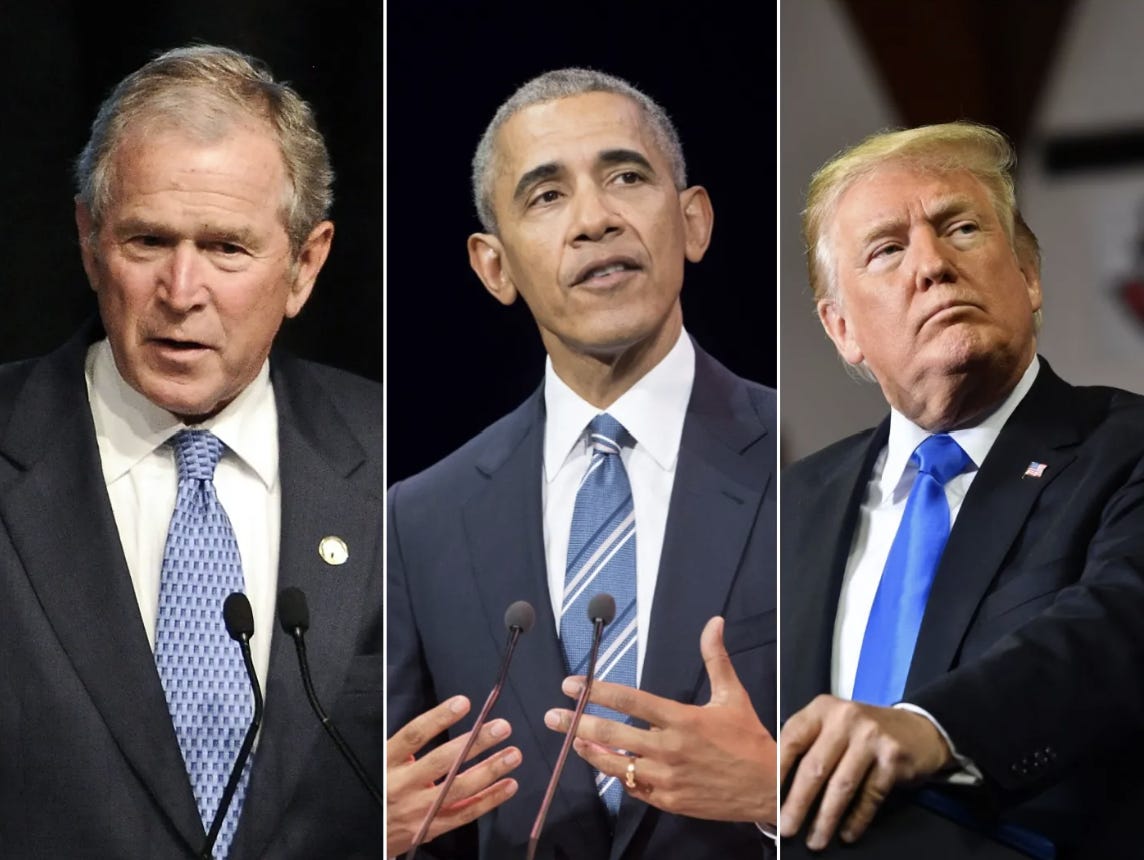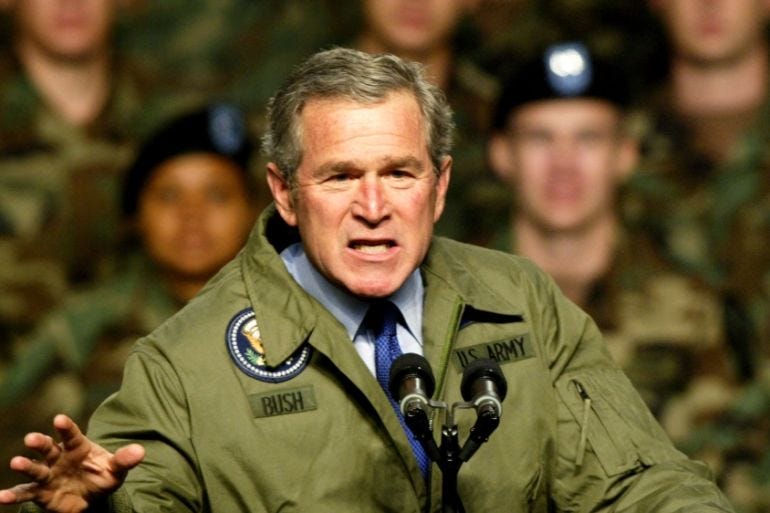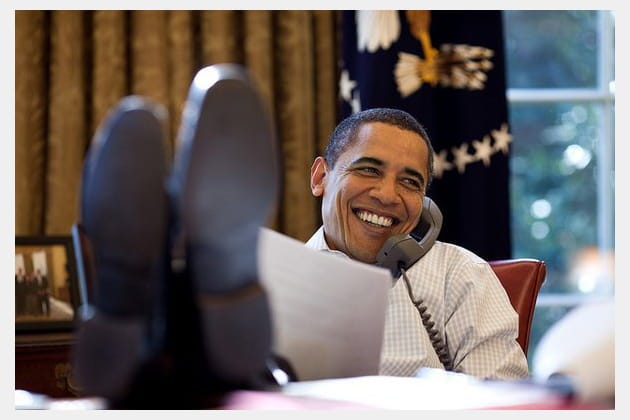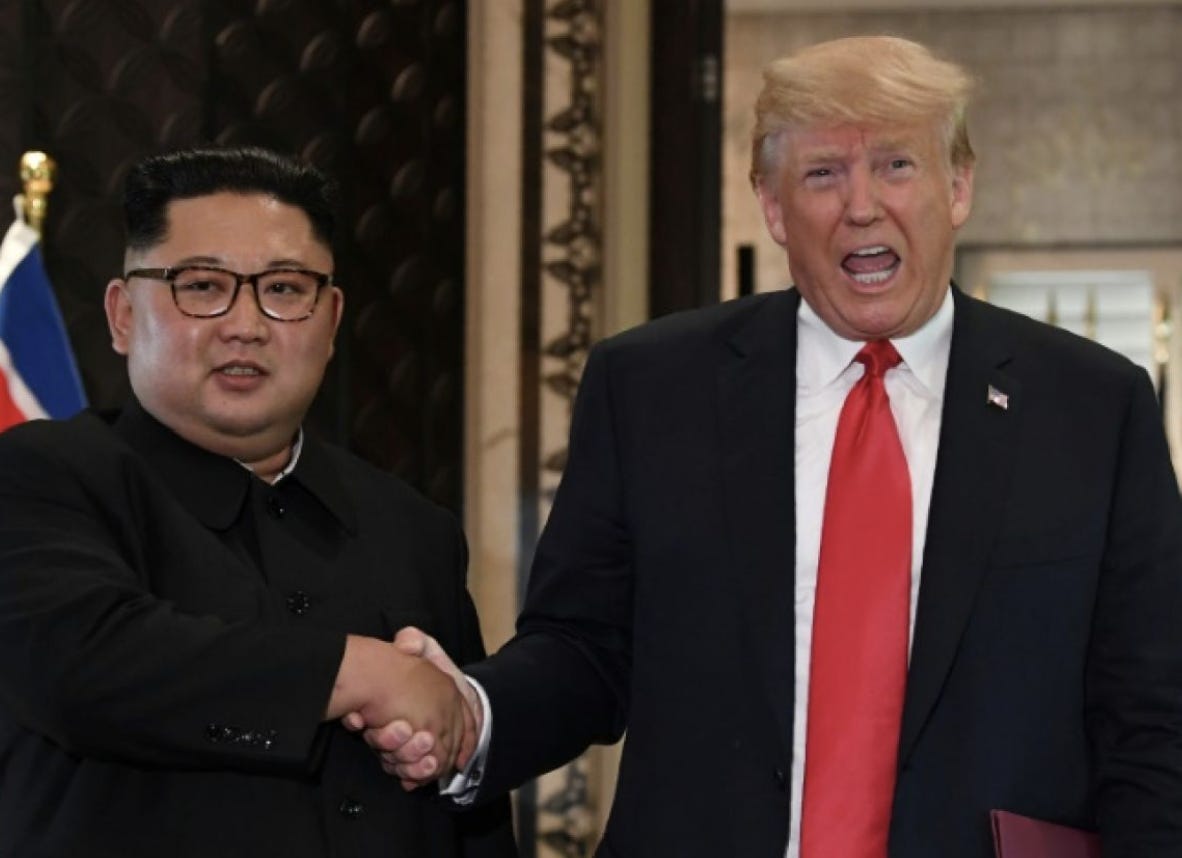We remember U.S. foreign policy by the psychologies of its leaders: the deliberative diplomacy of Obama, the confrontational decisiveness of Bush, and the unpredictability of Trump.
Understanding the human factor is critical, in business as much as in politics.
- Leaders’ beliefs influence their strategies.
- Cognitive biases and misperceptions can lead to conflicts.
- Personal history and traits impact decisions.
Theoretical foundations in international relations
Theories of international relations (IR) such as Realism, Liberalism, and Constructivism traditionally focus on structural factors, state interests, and the social construction of international norms.
But the psychological approaches to IR emphasize the importance of individual leaders' personalities, perceptions, and cognitive processes (writing this I feel like I am back in Sciences Po, Master specialized in International Relations, alumni reading me here will know what I’m talking about 😂).
Leaders are by definition human beings.
They have their own set of beliefs about the nature of politics and strategies for achieving goals.
These beliefs influence their decision-making and diplomatic strategies. For instance, a leader with a hostile operational code may be more prone to perceive threats and react aggressively.
These leaders have perceptions and misperceptions that shape their interpretation of international events. Cognitive biases such as confirmation bias, availability heuristic, and cognitive dissonance can lead to certain judgments and decisions.
Lastly, we have to dig into their psychobiography.
This approach involves detailed psychological analysis of leaders to understand how their personal history, childhood, personality traits, and psychological state influence their policy decisions.
Studies on figures like Adolf Hitler, Franklin D. Roosevelt, and Joseph Stalin illustrate how personal experiences and psychological traits can significantly impact international relations.
Now, let's look at how psychology of American presidents influenced their leadership, despite their shared goal of protecting national interests.
Case studies: Bush, Obama, Trump

➡ George W. Bush:
Driven by a decisive and moralistic mindset, Bush’s leadership was characterized by a confrontational approach. It was quite evident in his "war on terror" and the invasion of Iraq, emphasizing a clear distinction between allies and adversaries.

➡ Barack Obama:
With a more pragmatic personality, Obama favored strategic communication and even.. personal branding somehow. He engaged in multilateralism and traditional diplomacy. He’s still today considered the “coolest” President of the United States (whatever that means).

➡ Donald Trump (first mandate):
Trump’s bold, aggressive, and unpredictable nature led to an unorthodox, direct, and often disruptive style, marked by trade wars, unconventional summits with North Korea, and a transactional approach to international agreements and alliances.
I remember back in 2018, monitoring this encounter between Trump and the North Korean leader was between absurd, crazy and exciting at the same time.

Each leader's distinct psychological traits shaped their approach to global diplomacy, reflecting their personal styles and strategic priorities.
So, how does his apply to business?
It's pretty obvious.
The relevance of psychological factors extends beyond international relations into the corporate world, where the psychology of leaders also affects organizational outcomes.
Ignoring the human element and relying solely on “objective” metrics can lead to bad and wrong decision-making processes.
Addressing the human element leads to informed and effective strategies: during negotiations, M&As, with employees or shareholders, with clients or bankers.
To address this human element, some basic in psychology and strategic communication are essential, and guess what?
This is what we master at OC Strategic Advisory.
Before and during any transaction, we integrate psychological insights into decision-making frameworks.
We consider psychological traits, cognitive biases, emotional states alongside with traditional metrics and contextual factors to ensure a comprehensive and effective decision-making. This takes different forms: background checks, reporting, profiling or strategic consulting.
Intelligence, and particularly techniques used in HUMINT help you do that: leveraging human interactions to gain insights that drive smarter decisions.


